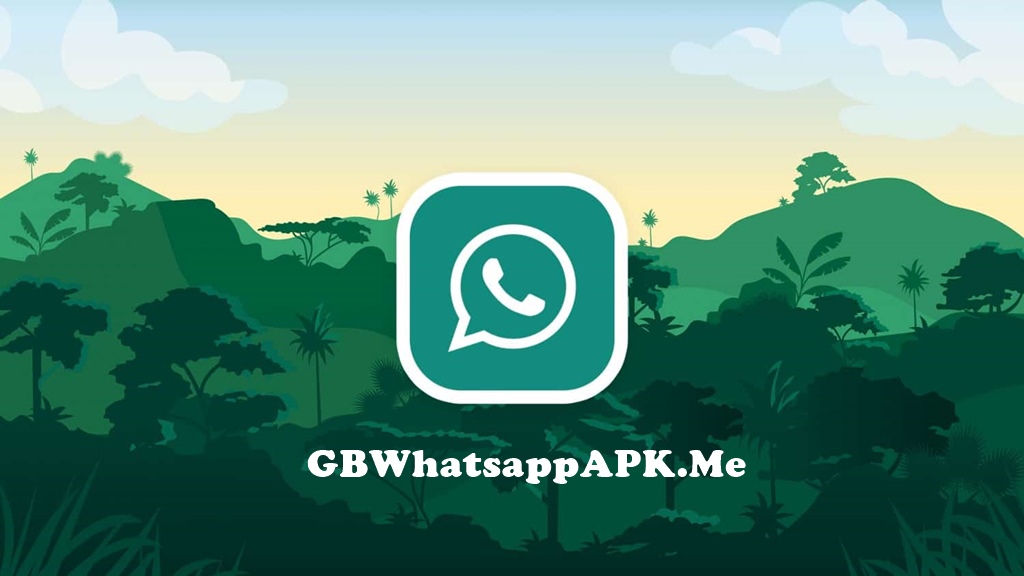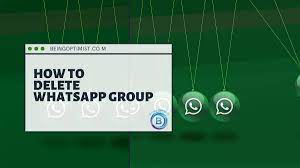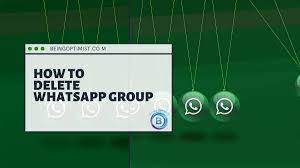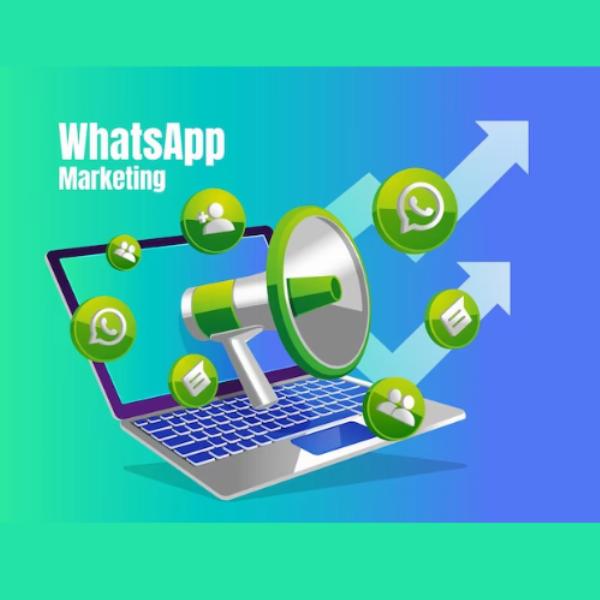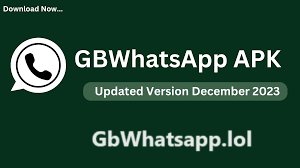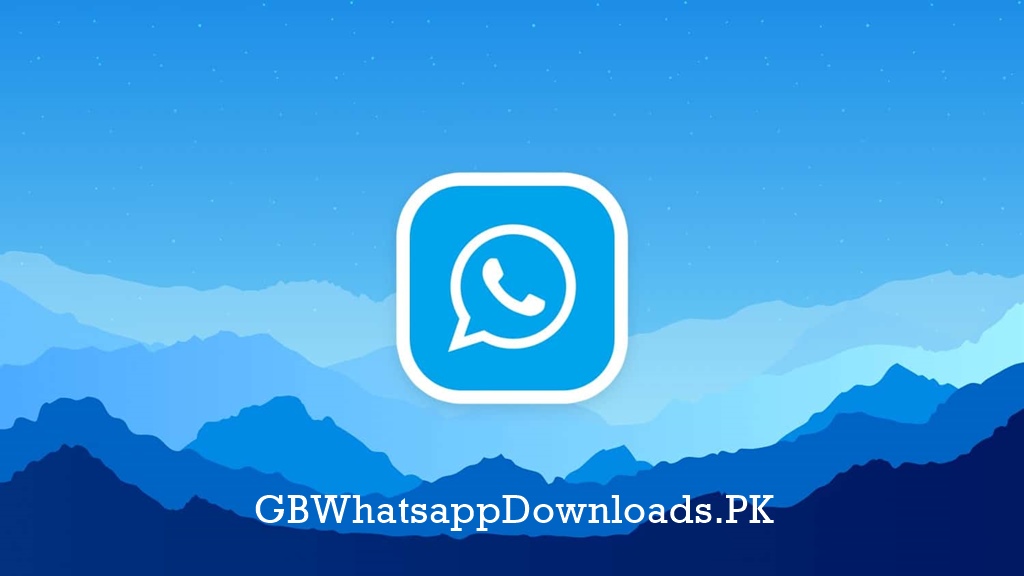 Social Media Content Packs – Stay Active Without Lifting a Finger!
Social Media Content Packs – Stay Active Without Lifting a Finger!
SMS vs. WhatsApp Marketing: Choosing the Best Strategy
Written by Mani » Updated on: June 17th, 2025

Introduction
Imagine a local cafe trying to connect with its customers. They send out an SMS blast announcing a special discount on their signature coffee. A few minutes later, they posted the same announcement on WhatsApp, complete with mouthwatering images and a direct link to order online.
While the SMS reaches a broad audience instantly, it cannot engage. Customers may read the message but are left with just a text notification. On the other hand, the WhatsApp message not only grabs attention with visuals but also encourages interaction; customers can respond with questions, share the offer with friends, or place an order directly through the app.
Mobile marketing has become a cornerstone of effective customer communication in today's business landscape. Among the many channels available, SMS and WhatsApp have emerged as popular choices, each serving distinct purposes. SMS is known for its straightforwardness, delivering quick messages that reach customers directly, while WhatsApp offers a more interactive platform that fosters engagement through rich media and real-time conversations.
As businesses navigate the complexities of reaching their audiences, understanding these two channels' unique benefits and limitations is crucial. This blog will explore how SMS and WhatsApp stack up against each other, helping you identify the best option for your marketing strategy.
1. SMS Marketing: A Traditional Approach
Widespread Reach
SMS marketing is universally accessible, functioning on any mobile device without an internet connection. This feature makes it a reliable option for reaching a diverse audience, including those in regions with limited connectivity.
Limited Engagement
Despite its reach, SMS marketing has significant limitations:
Character Limit: The 160-character cap restricts the amount of information you can convey, often leading to fragmented messages.
No Multimedia Support: Unlike WhatsApp, SMS does not accommodate images, videos, or documents, limiting engagement and creativity.
High Costs
Sending bulk SMS can be expensive, particularly for international campaigns where rates vary by country. This cost can accumulate quickly, making SMS less feasible for small businesses or startups.
Lack of Personalization
SMS lacks advanced targeting and personalization capabilities. While you can send mass messages, crafting a unique experience for each customer is challenging, leading to less engaging interactions.
2. WhatsApp Marketing: The Modern Solution
Global Reach and Popularity
WhatsApp boasts over 2 billion users worldwide, making it an attractive platform for businesses targeting a global audience. With high internet penetration rates in many regions, WhatsApp presents significant engagement opportunities.
Rich Media Support
WhatsApp allows for sharing images, videos, documents, and interactive links. This capability enables businesses to create visually appealing and engaging marketing campaigns that resonate with their audience.
Cost Efficiency
As an internet-based platform, WhatsApp marketing is more cost-effective than SMS. Businesses can send messages without incurring high fees, particularly for international communication, making it a budget-friendly option.
Personalized Communication
WhatsApp offers two-way communication, enabling real-time conversations between businesses and customers. This not only enhances the customer experience but also fosters stronger relationships.
WhatsApp Automation Tools
Various WhatsApp automation tools are available that help businesses streamline communication, manage customer interactions, and automate responses. This allows for efficient engagement without sacrificing quality.
3. SMS vs. WhatsApp: Key Comparisons
Cost
WhatsApp marketing is generally more cost-effective than SMS, especially for international campaigns. The absence of per-message fees allows businesses to communicate more freely.
Engagement
WhatsApp supports rich media, allowing for interactive content. This capability enables businesses to engage customers in ways that SMS cannot, enhancing the overall customer experience.
Automation
WhatsApp’s integration with WhatsApp automation tools, such as chatbots, allows for seamless communication and immediate responses to customer queries. SMS lacks this depth of automation, making it less flexible.
Customer Experience
WhatsApp facilitates personalized, interactive customer support, allowing businesses to tailor their approach to individual needs. SMS interactions are often transactional and impersonal.
4. Why WhatsApp Marketing is the Better Strategy
Interactive Capabilities
WhatsApp allows businesses to create highly engaging campaigns using rich media such as images, videos, and interactive elements like clickable links and buttons.
For example, a retail brand can send product catalogs directly to customers via WhatsApp, allowing them to browse products and make purchases without leaving the chat. This level of interactivity far surpasses SMS, which is limited to text and static links, resulting in much higher engagement rates.
Real-Time Engagement
With WhatsApp, businesses can communicate instantly with their customers, handling inquiries or providing support in real-time. This kind of interaction improves customer satisfaction and builds stronger relationships, something that’s harder to achieve through SMS due to its one-way nature.
Cost-Effective
WhatsApp is an internet-based platform, which makes it particularly advantageous for businesses targeting international markets. WhatsApp allows businesses to send unlimited messages without worrying about per-message costs.
Automation and Personalization
WhatsApp’s automation tools allow businesses to send targeted messages based on customer behavior and preferences, streamlining operations while maintaining a personalized experience.
5. How BizMagnets Can Help Your Business
At BizMagnets, we specialize in leveraging the WhatsApp Business API to empower your marketing and sales efforts. Our solutions include everything from bulk WhatsApp messaging and drip campaigns to intelligent WhatsApp automation tools and integrated CRM functionalities.
With our WhatsApp automation for business, we make it easy to streamline your operations and enhance customer engagement.
Conclusion
In summary, while both SMS and WhatsApp marketing have their strengths, WhatsApp stands out for its enhanced engagement, cost-effectiveness, and automation capabilities. By utilizing WhatsApp’s features, businesses can create interactive experiences that truly resonate with customers.
Want to learn more about how WhatsApp can transform your business? Visit our internal blog at BizMagnets for in-depth insights and strategies tailored to elevate your marketing game with WhatsApp!
Note: IndiBlogHub features both user-submitted and editorial content. We do not verify third-party contributions. Read our Disclaimer and Privacy Policyfor details.
Copyright © 2019-2025 IndiBlogHub.com. All rights reserved. Hosted on DigitalOcean for fast, reliable performance.


